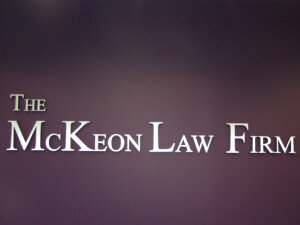Where in the world are all the marital assets hidden?

Unfortunately, divorce can bring out some of a person’s worst instincts. This is especially true if one of the divorcing spouses feels wronged and seeks vengeance through the property settlement portion of the divorce.
One way in which a spouse might try to thumb the scale in their favor is by hiding jointly owned marital assets. Spouses who allow their partners to handle all of the finances are particularly vulnerable to such deceptions.
How can you know when a spouse fails to disclose assets?
Other than taking a more active role in the marital finances, there are some potential ways to discover whether your soon-to-be ex is stashing the cash.
Some assets are hidden in plain sight. A spouse who is planning to file for divorce may go on a purchasing frenzy and buy expensive items that are liquidable and easy to undervalue or overlook entirely. Antiques, expensive wines, collectibles and art are just some of the purchases that could deplete joint bank accounts before or during a divorce.
Cheating Uncle Sam
A spouse who will intentionally deprive their wife or husband of their fair share of the marital property will likely not wince at underreporting income at tax time. Remember, too, that federal income tax returns are used to determine both child support and alimony, so a spouse’s failing to accurately list all income streams can cheat you out of your fair share of a property settlement.
Alternatively, your spouse might overpay the Internal Revenue Service (IRS) while you are together, only to claim an overpayment and hefty refund once the divorce is finalized.
Assets go AWOL
Sometimes, a spouse will be more blatant in their deceptions. You might return home from work to find your walls bereft of the art you collected together over the course of your marriage or find your garage vacant of the sportscar you were lovingly restoring. While these obvious removals are more easily challenged in court, it’s expensive to fight your spouse tooth and nail to return shared marital property.
Create fake debts
This scam usually requires collusion with friends or family of your spouse. They may conspire to create fake promissory notes stating your ex owes several loans that must be paid off. Then, the money gets siphoned right back to your ex, creating a nice little nest egg to begin a newly single life.
Do your due diligence
If there is even the hint of any income or asset discrepancies, you will need to verify all accounts of income and expenses. Don’t simply accept your ex’s declarations at face value. If fraud is suspected or apparent, you may need to retain a forensic accountant to go over the financial disclosures with a fine-tooth comb. Yes, it’s an added expense, but if your Gaithersburg family law attorney recommends it, the findings could be financially worthwhile in the long run.



